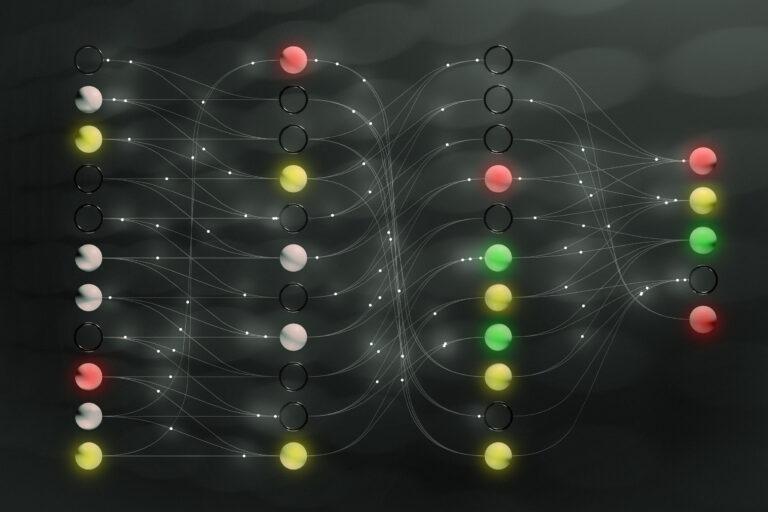Artificial intelligence (AI) is a branch of computer science
that deals with the development of intelligent machines that can perform tasks that usually require human intelligence, such as perception, reasoning, learning, decision-making, and natural language processing. AI systems can be designed to operate in a range of environments, from simple rule-based systems to more complex systems that use machine learning algorithms and deep neural networks.
At its core, artificial intelligence involves creating computer programs and algorithms that can mimic or replicate human-like intelligence. These programs can be designed to analyze large amounts of data, identify patterns, and make predictions or recommendations based on that data. AI systems can also be trained to learn from data, adjust their behavior based on feedback, and improve their performance over time.
There are many different types of AI systems, including rule-based systems, expert systems, machine learning systems, and deep learning systems. Each of these systems uses different techniques and algorithms to perform tasks and achieve specific goals. AI is used in a wide range of applications, from virtual assistants and chatbots to self-driving cars and medical diagnosis.
Overall, artificial intelligence represents a significant breakthrough in computer science and has the potential to revolutionize many aspects of our lives. However, it is also a complex and rapidly evolving field that raises important ethical, social, and legal issues, which must be carefully considered and addressed as AI continues to advance.



